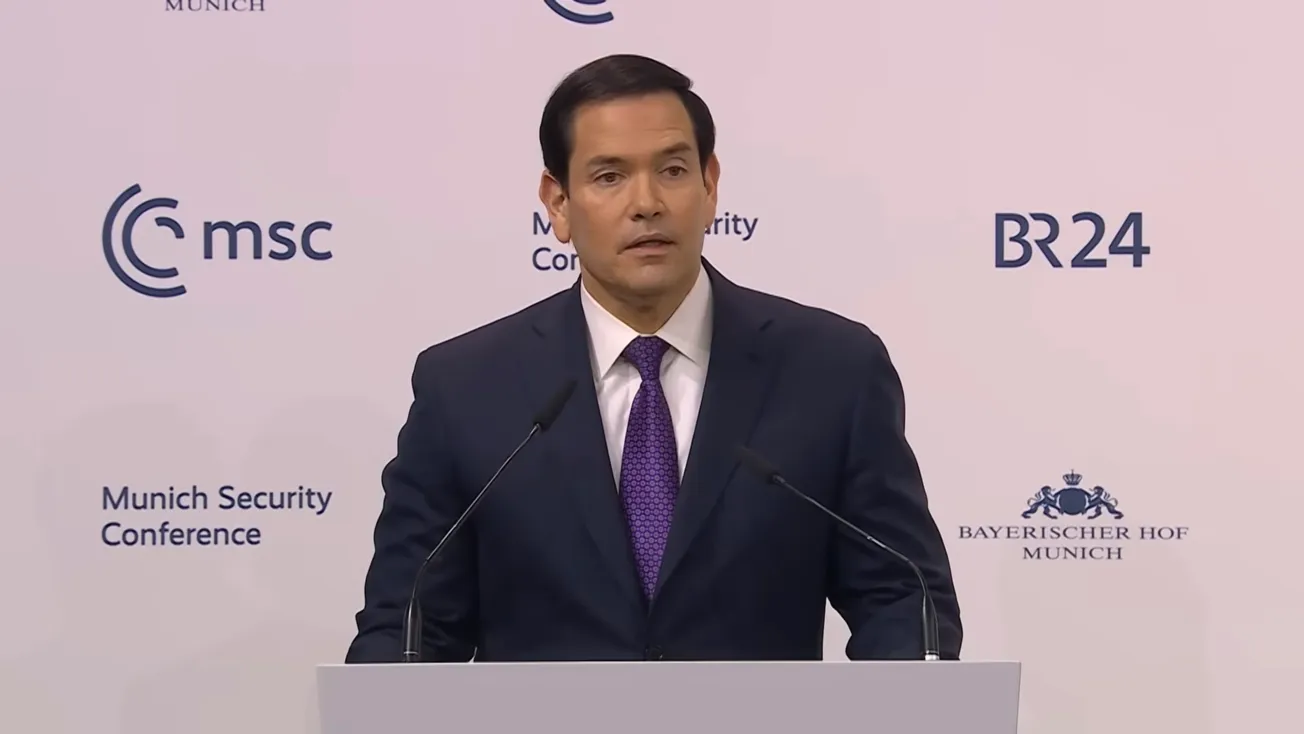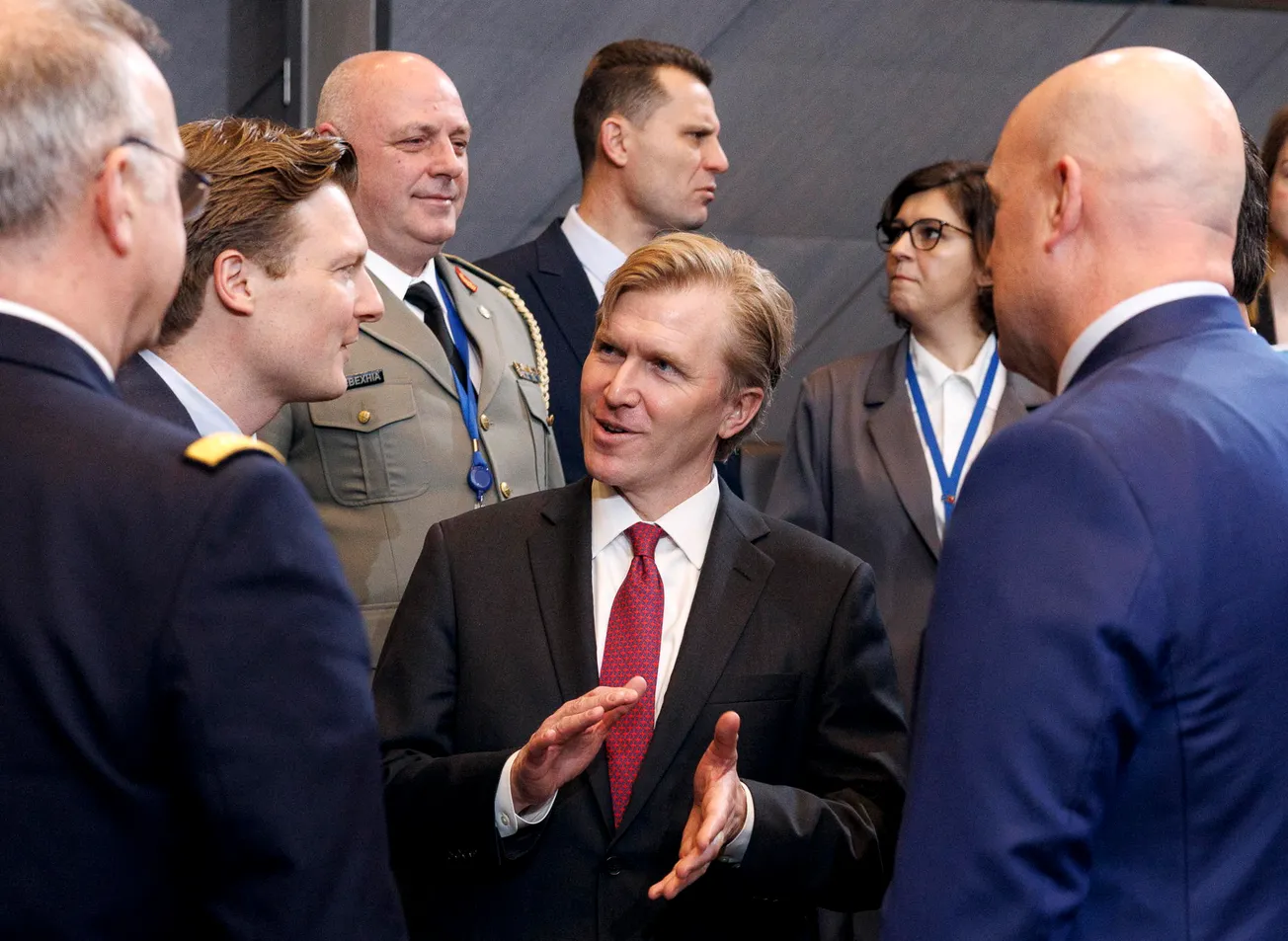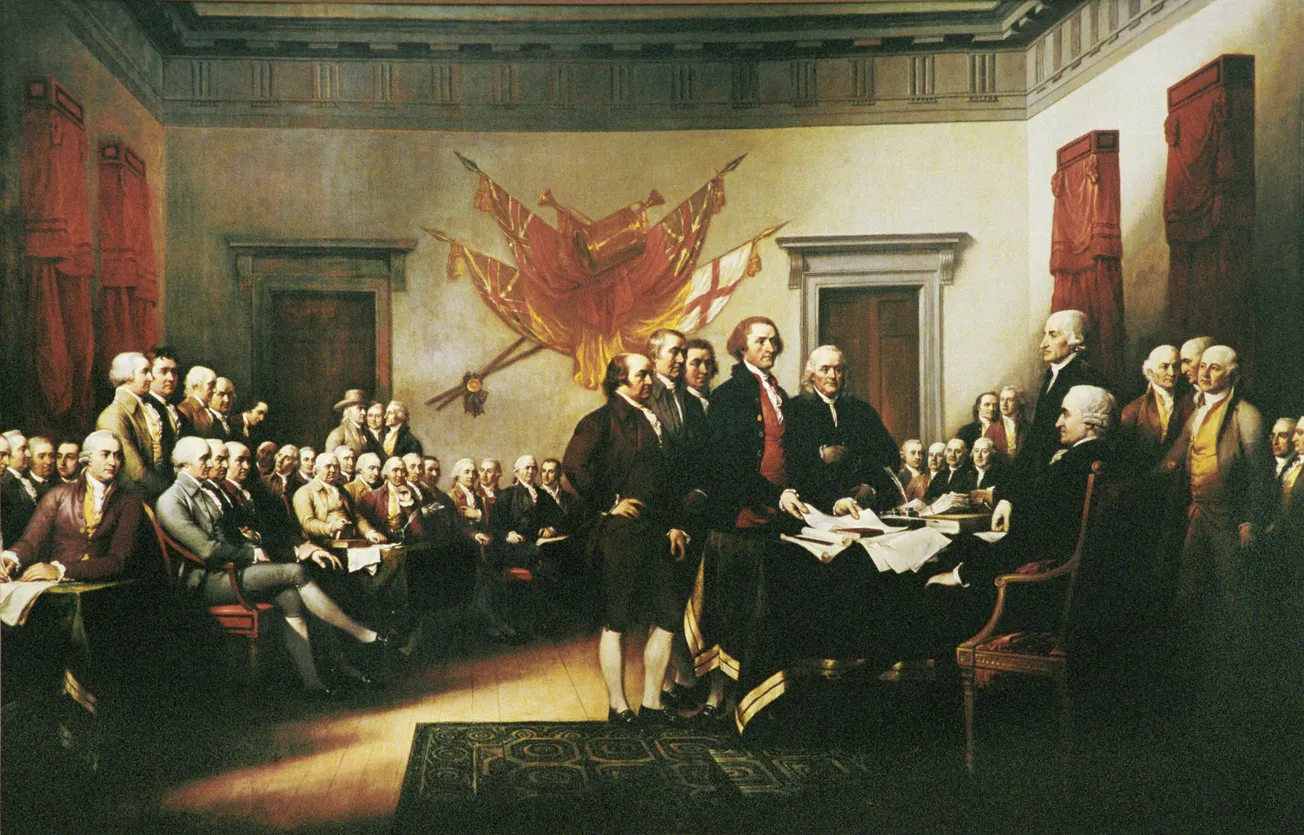The Lead
A Phoenix from the Ashes of the War That Must Not Come
by Dennis Speed (EIRNS) — Aug. 10, 2024
The campaign to create a global, interventionist, deliberative process of Reason, an “intercontinental congress” that discusses, debates and implements the Ten Principles for a New International Security and Development Architecture, took a substantial step forward yesterday. Friday’s 62nd consecutive meeting of the International Peace Coalition, held on the 79th anniversary of the nuclear bombing of Nagasaki, convened 550 persons from 35 countries and heard commemorative presentations from former Ohio Congressman (1997-2013) and present Independent Congressional candidate, Dennis Kucinich; Col. Lawrence Wilkerson (ret.), chief of staff for former Secretary of State Colin Powell; former CIA analyst Ray McGovern; former President Donald Ramotar of Guyana; Israeli peace activist and writer Dr. Gershon Baskin and several others. (The report in this briefing will be available in the August 16 issue of Executive Intelligence Review.)
Colonel Wilkerson, a direct participant in and witness to the lethal “march to folly” known as the 2003 Second Iraq War, gave a particularly notable presentation on what were best termed “Tragedy and Hope.” Differently than Carroll Quigley’s book by the same name, Wilkerson painted a picture of the course (and curse) of empire, asking the question whether America would trod the same path, and meet the same fate, as that of all others intoxicated with the mad dream of “world hegemon.”
“…I want to talk about what I think is the principal existential threat in the world today. And I want to talk a little bit about how I think we got here, and how we can get out of it. In these times of insane overseas wars, which Helga enumerated quite well, sponsored and supported to the hilt by America; of a troubled U.S. domestic scene, not rivaled since 1860; of extremely poor leadership, from all three branches of our government, I think it behooves us to stop a moment, and take some stock. Indeed, it might be our very existence that is at stake, as both of the two previous speakers have hinted at, and Helga did more than hint at.
“The sweep of human empires is well recorded for at least 3,000 years, and, at least in sketches, for about 2,000 more. In that sweep of time—minimal, in a geological sense … in that sweep of some 5,000 years, hundreds of empires, hundreds of them, large and small, have come and gone. And that’s an important point. All of them are gone! Vanished! Disappeared, save the most recent one, the American—in historical terms, a very young one, arguably 1945 to the present day, or, roughly, 75 years. All previous empires—the mighty Mongol, the even mightier Mogul, the Eastern and Western Roman, the Persian, the Muslim, the British, upon which it was said ‘the Sun never set,’ the Soviet, and hundreds of lesser ones, are gone—vanished, like smoke. All had their day in the Sun, as well as the darkness of their collapse, in many cases…. But all those many, previous empires, among them, none, zero, nada, had developed the technology to destroy both themselves, and the rest of humanity. None of them!... A single ballistic submarine carries sufficient weapons to destroy the world as we know it—a single submarine. If the blast and resultant radiation did not complete the job, the induced nuclear winter would….” Wilkerson elaborated more upon this theme.
In his conclusion, Colonel Wilkerson said, “Now, after hearing my dismal picture of the situation with regard to these deadly weapons, I probably should stop and offer some hope. It’s difficult for me to do, because I have been exposed, personally exposed, to the stupidity of Washington’s leadership (in a way) that stays with me, and will be with me, until I enter the grave. The George W. Bush administration was rife with the problems that I have just now only generally and briefly described. But in the name of optimism, I’ll offer some hope, I hope, myself.… The people of this country must object to their imminent suicide!
“The people must object, and object, and object, protest, and protest, and vote lousy leaders into the streets, breed and elect new leaders to take their place, and then protest some more. They must reject cultish political movements for what they are—no different in their modern ways from the prophets of old, who, at the day’s end, were doing nothing but reinforcing the imperial writ that had their billionaires, too. We must find decent, caring men and women to substitute for the useful idiots—Bibi Netanyahu‘s phrase. The only useful idiots were sitting in front of him in the Congress, and they’re useful for the empire’s most disgusting, devious and dangerous motives and actions.”
Many other important things were said and discussed in Wilkerson’s (and other) presentations, but the core issue was posed here: What is the solution concept, the generative principle that must bedrock the Odysseus-like voyage of the trans-Atlantic world, from the dying bankrupt world of certain death that must come for Wall Street and the City of London’s neo-imperialism? Helga Zepp-LaRouche, in her closing remarks, pointed to that solution concept through demonstrative precedents. “I gave three examples in history of this—there are many more. One is the Council of Florence, which was able to unite the Catholic and Orthodox churches at least for some time; being an important part of the beautiful Golden Renaissance of Italy. Second example is the Peace of Westphalia, where the war parties came together and negotiated for four years in Münster and Osnabrück, ending with the Peace of Westphalia, which was the beginning of international law. Lastly, the Commission for Truth and Reconciliation in South Africa, which helped to overcome the wounds of apartheid. So, these are three examples of when mankind is confronted with an extraordinary crisis, the wise people are asked to step forward to bring in a difference element into the discussion and offer solutions coming from a wiser approach than that of the current leadership.”
To defeat the enemies of humanity of the War Party, all citizen-organizers must come to know and embrace these examples as a part of their cultural arsenal of ideas. In studying them, one can master what the late economist and statesman Lyndon LaRouche called in 1997 “The Principle of the Strategic Flank”: “After all else is said and done, the essential strategic flanks are those which the commander of one force correctly detects within the mind of the opposing commander. “ In the present case, the weakness of the War Party is their Malthusian cultural pessimism. We know that it is human creativity which is the source of all wealth. It is the increase in, not only human population, not only population density, but in the potential population-density relative to earlier epochs and less-efficient present practices, which is the core of wealth. That—cultural optimism about the potential of the human race—is the secret to securing a new development, and security architecture.
The ideas, policies and actions that must be “agitated” in the streets and the minds of America over the next weeks to realize this hope, are embodied in the ideas, policies and actions of independent candidates Diane Sare and Jose Vega. They are campaigning for the American Presidency, not by running for that office themselves, and not by endorsing a candidate for that office as such, but by offering solution concepts, where others have none. The LaRouche Oasis Plan for Southwest Asia; the World Land/Sea Development Corridor proposal; the “controlled thermonuclear reactions” fusion power proposal, made famous by LaRouche in the 1970s—these solution concepts will define the content of Presidential politics for a full generation. Such concepts demand cooperation with the continental powers Russia, China, India, and Brazil, South Africa as well as others.
If we start now, then, 25 years from now, in the year 2049, when commercial thermonuclear fusion is a reality, the 2.5 billion people of the African continent—one out of every four people on the planet, and the youngest section of our world—will be positioned by technology transfer, and cultural optimism rooted in to lead the world to the next scientific revolution beyond.
Contents
Strategic War Danger
- Saxony Prime Minister Argues for Diplomacy, Instead of Weapons for Ukraine! (↓)
- Hamas Reportedly Demanding Release of Marwan Barghouti in Hostage Deal (↓)
- Fighting Against Ukrainian Forces in Kursk Region Continues for Third Day (↓)
Science and Technology
Collapsing Imperial System
- Report: Iran May Be Reconsidering Military Action Against Israel (↓)
- U.S. Bond Market Rates Rose in a Week of Stock Market Plunges (↓)
- ‘AI Electricity’ Demand About to Blow Up Electricity Costs in Mid-Atlantic. (↓)
History and Culture
- U.S. Must Apologize to Japanese People for Atomic Bombings, Says Lawmaker Suzuki (↓)
- Saxon Election Campaign: BüSo Candidates Covered by State Radio-TV Program (↓)







